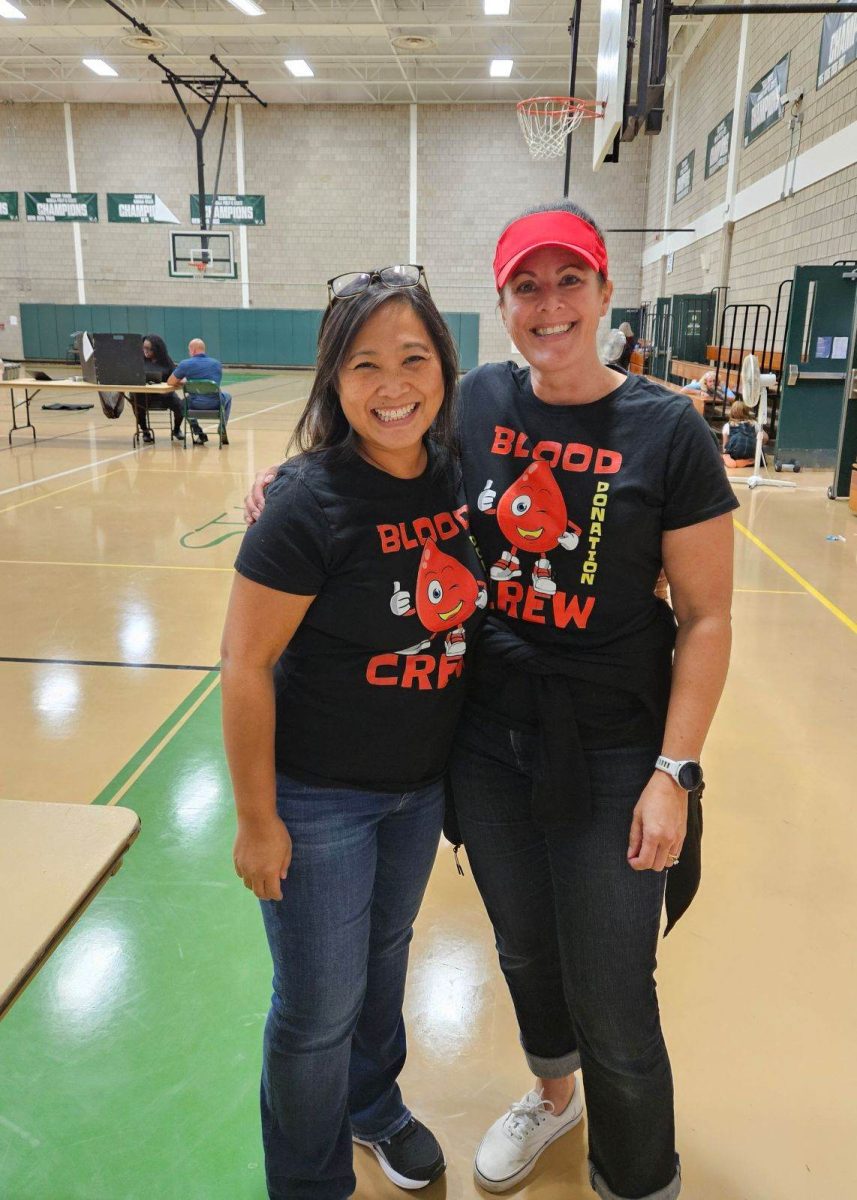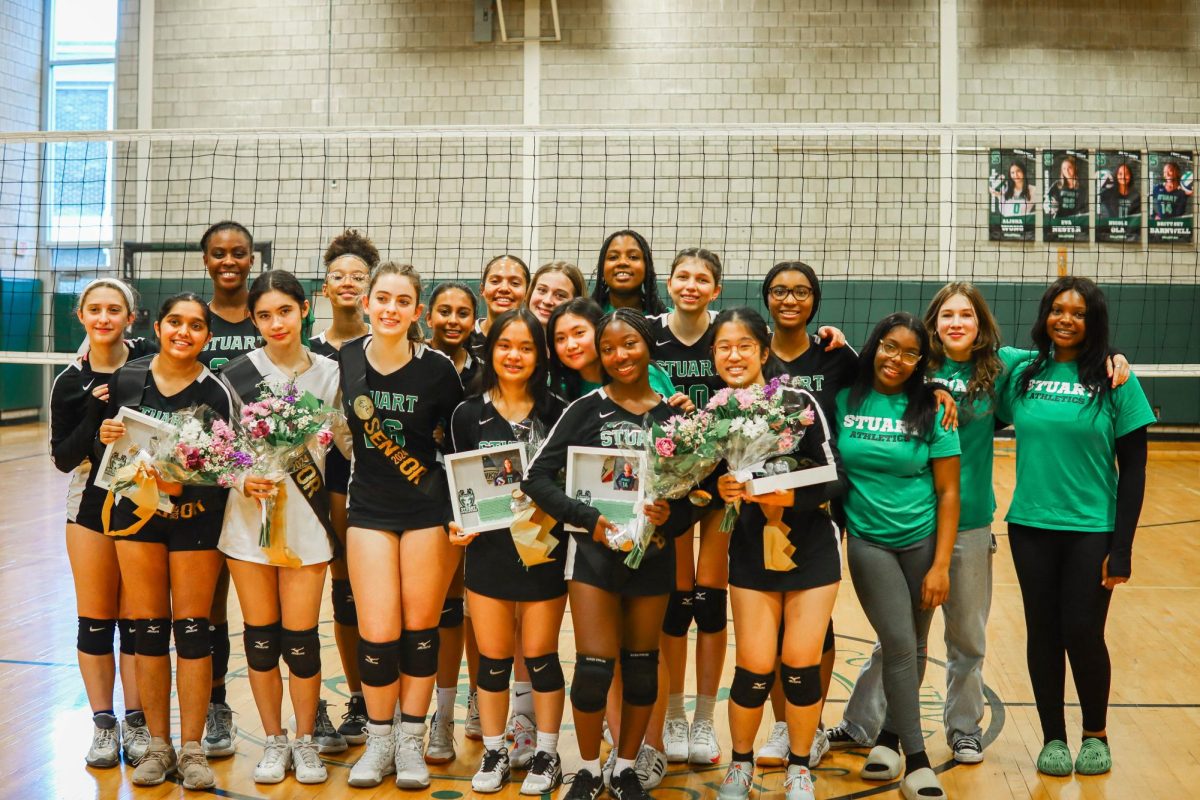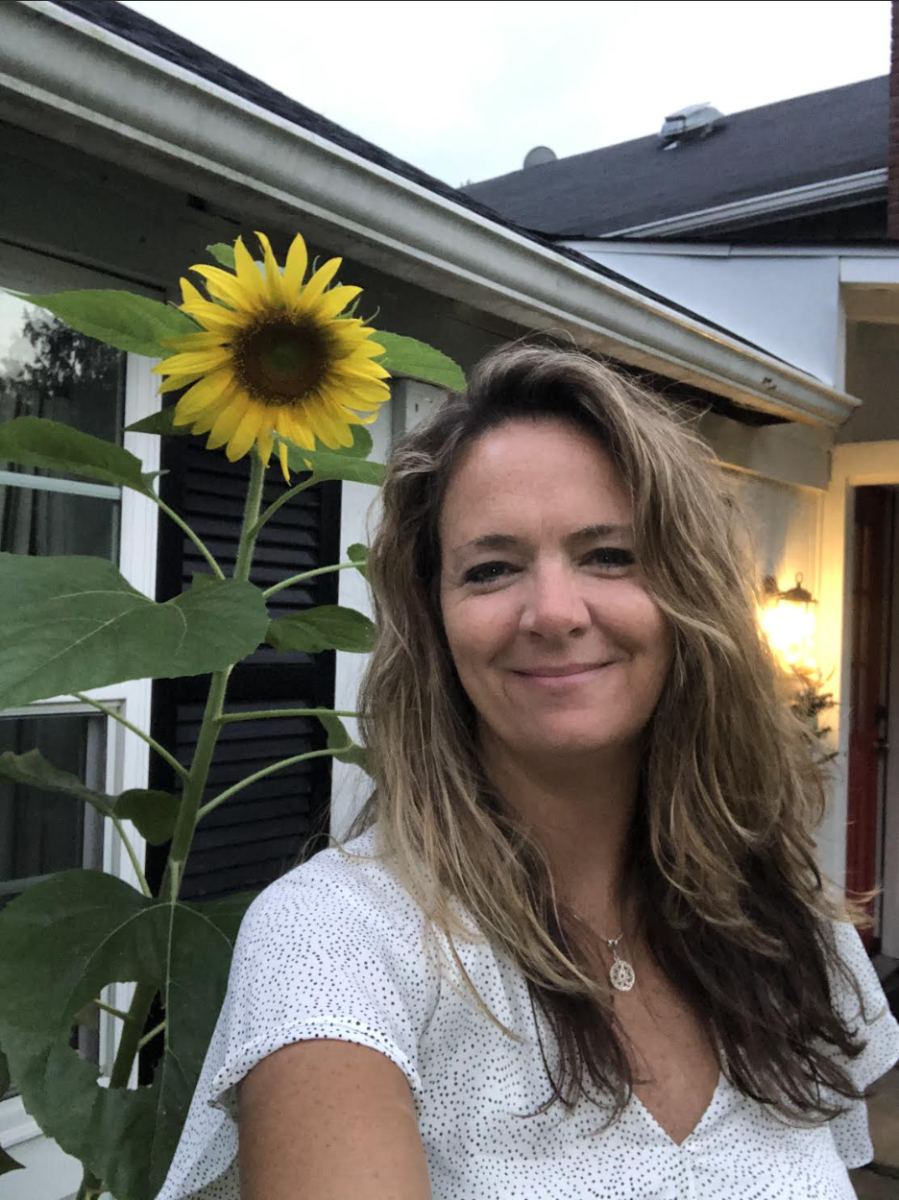What role, if any, has access to education played in shaping your entrepreneurial pursuits, and do you perceive any gender-based disparities in educational opportunities?
Access to education is a vital part of one’s entrepreneurial journey, but I was not fortunate enough to have the opportunity to complete my education. Yet, this did not stop me from pursuing my dreams in garment design. However, I am keenly aware that many girls, particularly in rural areas in India, are also denied this chance because of societal expectations and financial constraints. This unequal access to education is a barrier that prevents many women from pursuing their entrepreneurial aspirations.
In your entrepreneurial journey, have you encountered any specific cultural or societal factors that have either facilitated or hindered your progress? Please elaborate.
In India, societal expectations often dictate that women should prioritize family over career, and a wife must obey her husband. This cultural norm has hindered my progress on more than one occasion, as people questioned my ability and desire to balance business and family. Despite this, I was determined to pursue my dream and break free from these stereotypes. The most difficult part was constantly having to prove myself to my family and their strict ideas, but my passion for my work kept me going.
How has your geographic location influenced your approach to entrepreneurship, considering cultural and societal norms specific to that region? Please elaborate.
Running a garment design studio in Jayanagar, Bengaluru, has been a mix of modern hustle and cultural tradition. In a city that’s known for its tech-forward mindset, I found myself with many underestimating my role as a woman entrepreneur. But I used the city’s creative pulse to fuel my designs. It wasn’t easy, but it shaped my approach. Innovative, bold, and my own.
To what extent do you believe gender-based challenges impact women entrepreneurs, and can you provide examples from your own experiences?
In my own experience, one of the toughest challenges has been accessing financial resources. On numerous occasions, I was asked to have a male cosigner—whether it was my father or my husband—just to secure loans or investments. This was incredibly hard for me to deal with, as it felt like my capabilities were being undermined simply because of my gender. I had a clear vision and was incredibly passionate about my business, yet I had to jump through hoops to prove that I could manage and lead.
Have you observed any trends or patterns in the types of industries or sectors where women entrepreneurs are more prevalent, and what factors do you believe contribute to these trends?
In India, women entrepreneurs are often more visible in industries like fashion, beauty, and wellness. I believe this trend stems from the traditional view of women excelling in creative fields and traditional women’s roles. The garment design industry, for example, is often seen as an extension of women’s domestic roles, which makes it a little bit more acceptable for women to enter it. Family obligations and our cultural ideas and upbringing often hold women back.
Are there specific policies or initiatives that you believe would enhance the environment for women entrepreneurs, both locally and globally?
As an Indian woman entrepreneur, I believe policymakers need to simplify access to funding for women-led businesses and create stronger mentorship programs to help us grow. While there are some government schemes aimed at supporting women, the process can be frustrating with all the paperwork and red tape. It often feels like we’re being held back before we even get started. On a global scale, policies that ensure equal opportunities for funding and business growth across all sectors would help give women the fair chance we deserve to succeed.
Have you faced any specific legal or regulatory challenges in your entrepreneurial activities that are directly related to your gender? How did you address these challenges?
When I first started my business, I was asked to have a male cosigner, such as my father or husband, just to move forward with legal processes as well. This was a painful reminder that, as a woman, I wasn’t always seen as the “legitimate” business owner. I had to navigate these situations with persistence, and over time, I learned to assert myself with great respect and prove to my family I could handle both roles. These experiences were tough, but they made me more determined and fight for my place as a business leader.
How do you perceive the role of mentorship and support networks in assisting women entrepreneurs, and have you personally benefited from such networks?
While I did not have a formal mentor, I was driven by a strong vision and the belief that I could succeed. Ironically enough, my family became my biggest support network, emotionally and practically. Their support helped me push through the toughest times. Although a mentor would have been helpful, my passion for my work and my family’s help kept me on my toes. I did have to prove myself to the hardest group of people, but I did it.
What challenges, if any, have you faced in accessing financial resources or funding for your business? Do you attribute these challenges to gender-related factors?
One of the biggest challenges I faced in accessing financial resources was the constant expectation for a male cosigner on loans or investments. Financial institutions would question whether I, as a woman, could manage a business on my own and be able to pay the loan back. It was frustrating, especially when I knew I had the passion and capability to succeed. This gender bias fueled my determination to prove them wrong. Despite these hurdles, I pushed forward, learning to navigate the system and grow my business. Although my husband co-signed for me, it was me and only me that paid the loan back.
To what extent have societal expectations on traditional gender roles influenced your entrepreneurial decisions and strategies, and could you share your experience as a woman entrepreneur, highlighting what motivated your pursuit of entrepreneurship?
In India, there’s always the expectation that women will put family first, especially caring for their husband’s parents and our children. Sometimes we have to put our dreams on hold for a little while or permanently to obey our husbands or fathers wishes. The home responsibilities with running a business was no easy task. People often doubted whether I could manage both. But my love for garment design and my belief that women can succeed on our own terms kept me going. Taking care of all my family only made me more determined to prove that women can do it all!
Reflecting on your experiences, what advice would you offer to aspiring women entrepreneurs, considering the unique challenges and opportunities you have encountered?
To aspiring women entrepreneurs, I would say: don’t let anyone limit your dreams. The journey will be tough, and you’ll face challenges that may seem too high to climb, but your passion, hard work and staying focused will carry you through. Believe in yourself, even when others doubt you, and never be afraid to challenge the status quo. Surround yourself with people who uplift you, and keep pushing forward despite the obstacles. Your dream is worth fighting for.
Check out Amanda on Tartan Talk!


























